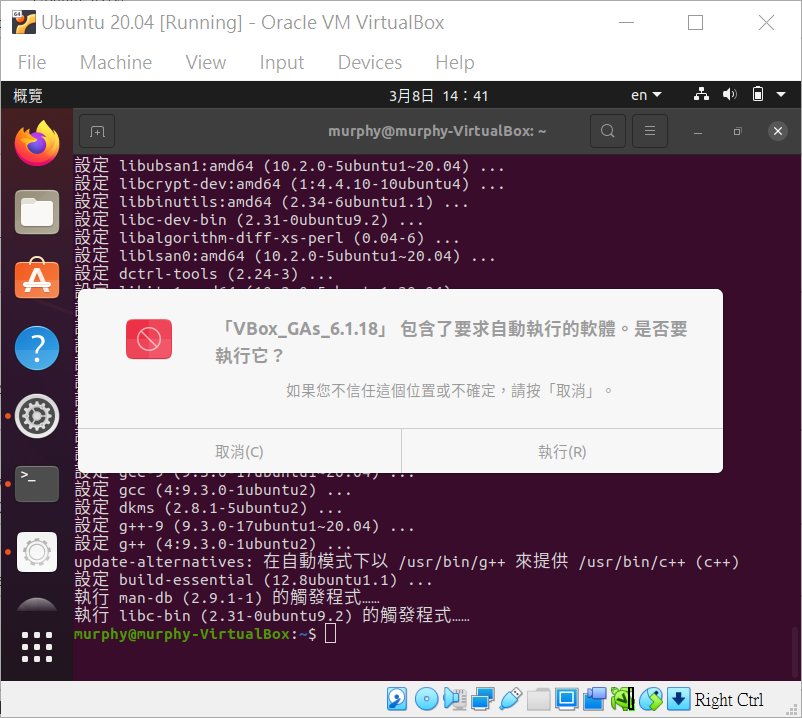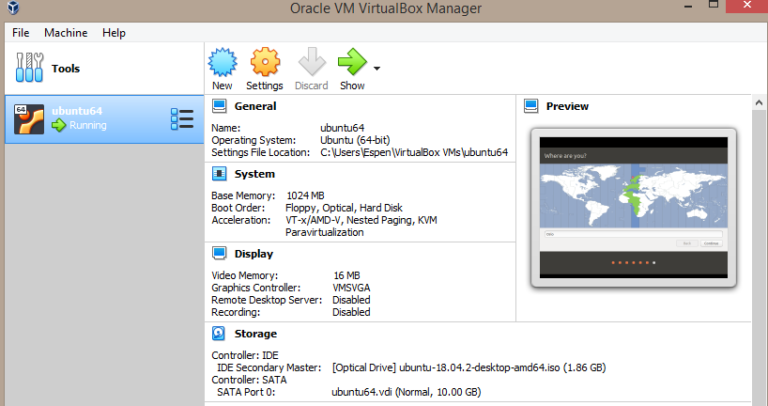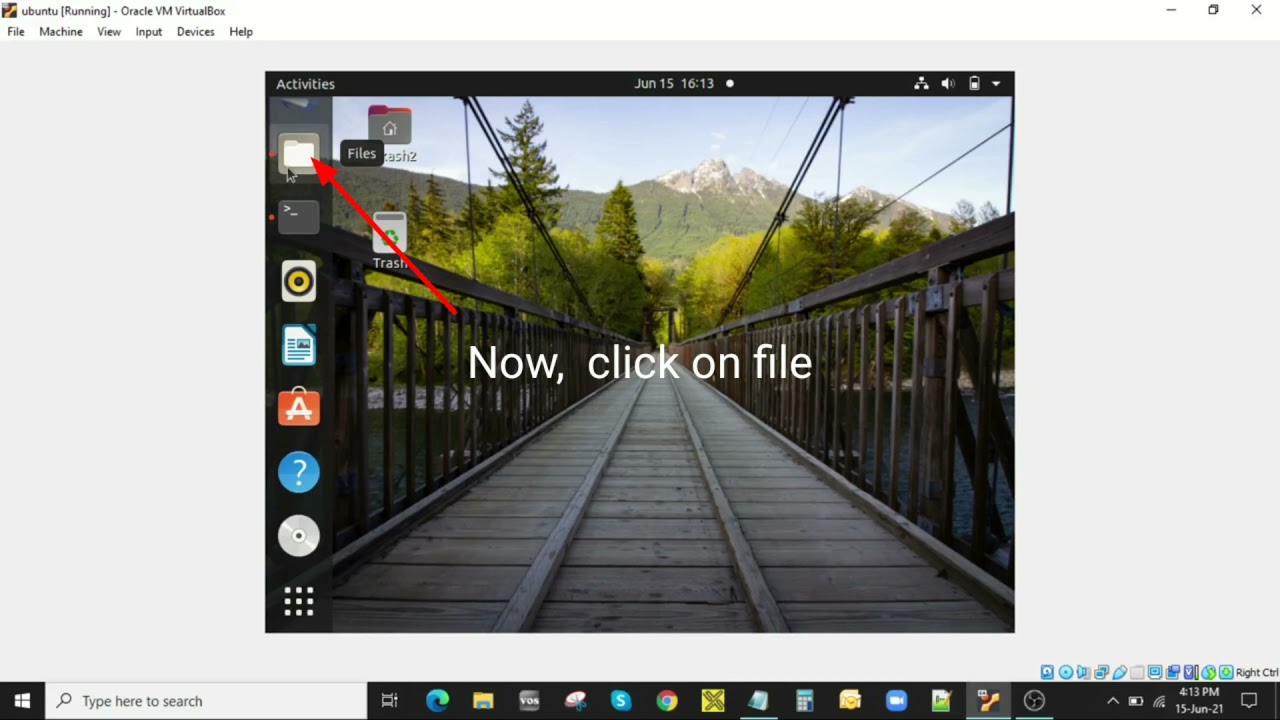
- #Virtualbox guest additions ubuntu not upgraded install
- #Virtualbox guest additions ubuntu not upgraded update
- #Virtualbox guest additions ubuntu not upgraded windows 10
- #Virtualbox guest additions ubuntu not upgraded software
#Virtualbox guest additions ubuntu not upgraded install
Install the Guest Additions again from the beginning.When the VM starts up again, right-click the CD image on the desktop (if you don't see it, look in the left bar, at the bottom), and Eject.(Earlier advice also recommended installing gcc and make, but apparently they are already included with build-essential).(Earlier advice also recommended installing "dkms" and perl, but apparently that is no longer necessary).Inside the Ubuntu 20 VM, open up a terminal with Ctrl+Alt+T.Please install the gcc make perl packages from your distribution." If that happens, At this point, with a fresh Ubuntu 20.04 LTS install, it typically says "This system is currently not set up to build kernel modules.Ubuntu pops up a new terminal window and takes a minute to install and start up "VirtualBox Guest Additions".Hey, remember that password we wrote on a sticky note earlier? Type it in and hit the Authenticate button.Would you like to run it?." pop-up window, hit "run". (VirtualBox simulates inserting a CD into the simulated optical drive of the VM, and Ubuntu auto-mounts that CD under "/media/a/").At the top of the "testUbuntu20 - Oracle VM VirtualBox" window, choose Devices > "Insert Guest Additions CD image." Other versions and other hosts should work similarly.)
#Virtualbox guest additions ubuntu not upgraded windows 10
(This was tested on Ubuntu Desktop 20.04 LTS as a guest in VirtualBox-6.1 on a Windows 10 host. This chapter assumes you already have Ubuntu installed in a VirtualBox virtual machine, perhaps using the process described in VirtualBox/Setting up a Virtual Machine/Ubuntu. The VirtualBox Extension Pack provides several useful functionalities for guest machines such as virtual USB 2.0 and 3.0 devices, support for RDP, images encryption, and more.Here we install the Guest Additions on an Ubuntu guest system running inside Virtualbox.
#Virtualbox guest additions ubuntu not upgraded update
Update the packages list and install the latest version of VirtualBox: sudo apt update sudo apt install virtualbox-6.1 $(lsb_release -cs) prints the Ubuntu codename. To your system: echo "deb $(lsb_release -cs) contrib" | \ sudo tee -a /etc/apt//virtualbox.list Import the Oracle public keys using the following commands: wget -q -O- | sudo apt-key add - wget -q -O- | sudo apt-key add -īoth commands should output OK, which means that the keys are successfully imported, and packages from this repository will be considered trusted. To install VirtualBox from the Oracle repositories, follow these steps:

Installing VirtualBox from Oracle repositories #Īt the time of writing this article, the latest version of VirtualBox is version 6.1.x.

That’s it! You have successfully installed VirtualBox on your Ubuntu machine, and you can start using it. To update the package index and install VirtualBox and Extension Pack: sudo apt update sudo apt install virtualbox virtualbox-ext-pack Run the following commands as root or user with sudo privileges Installing VirtualBox from the Ubuntu repositories is a straightforward process. Installing VirtualBox from Ubuntu repositories #

Oracle repositories always contain the latest released version. The VirtualBox package that is available in the Ubuntu multiverse repository may not be the most recent version. In this tutorial, we will show you two ways to install VirtualBox on Ubuntu 20.04:

Generally, Virtualbox is used by desktop users as a testing and development environment.
#Virtualbox guest additions ubuntu not upgraded software
Is open-source cross-platform virtualization software that allows you to run multiple guest operating systems (virtual machines) simultaneously.


 0 kommentar(er)
0 kommentar(er)
